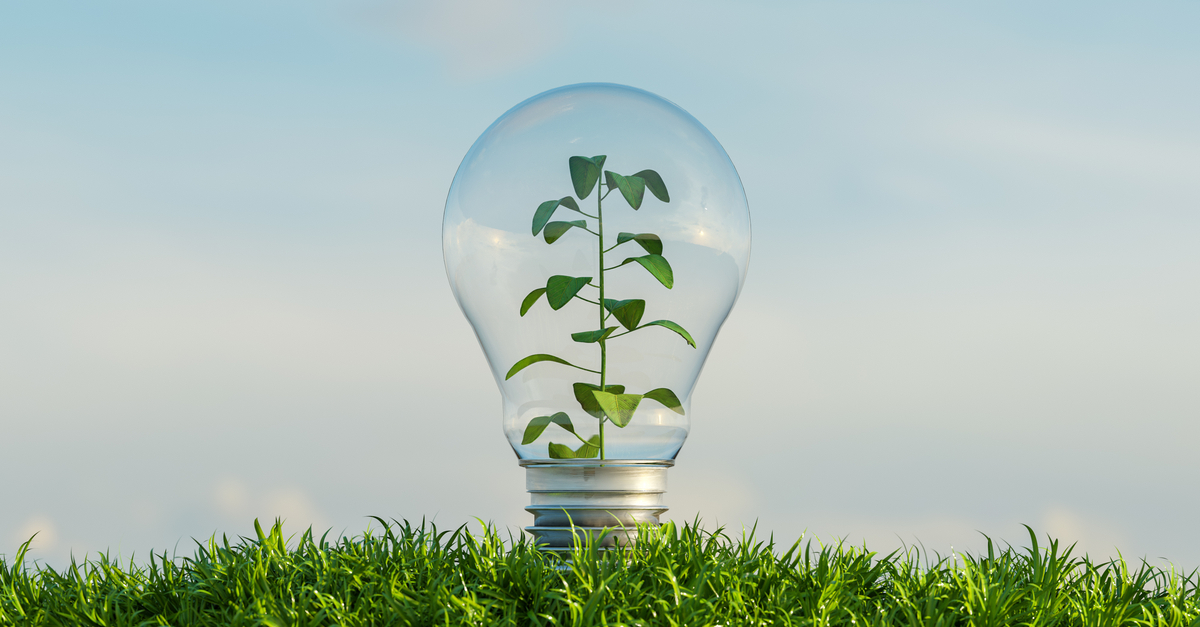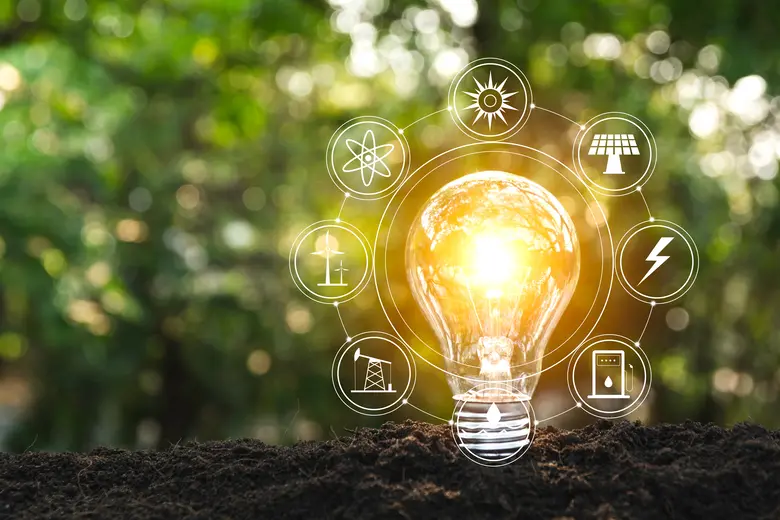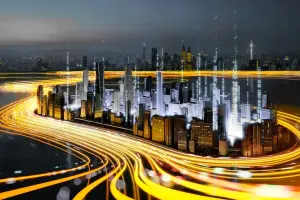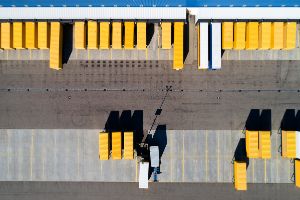How Prosegur and Prosegur Cash have become the first sustainable company in the security

Table of contents:
The first companies in the global security sector to sign up to The Climate Pledge initiative to complete their full decarbonisation by 2040, ten years before the deadline set in the Paris Agreement, are Prosegur and Prosegur Cash.
The commitment to an ambitious, long-term objective reflects the group's deep transformation towards the three cornerstones of sustainability: social (focused on people), environmental (to maximise its positive impact) and corporate governance (focused on adopting critical decisions with complete responsibility).
"We talk about ESG (Environmental, Social and Governance) criteria, and it is our duty to focus on optimal energy management as a pillar of this E, which refers to the environment", explains Esteban Pozo, Global Director of Energy Efficiency, who is responsible for energy efficiency projects under the 2021-2023 Sustainability Master Plan.

Measurable goals and commitments
Although, as Pozo points out, "our activity does not imply intense consumption or environmental impact", the Master Plan includes some goals that are frankly ambitious for such a short three-year period. These include ensuring that at least 50% of supply is from renewable sources, reducing total electricity consumption by 5%, 25.2% of new low-emission products and 100% efficient lighting in its buildings, along with various circular economy challenges.
Therefore, the efficiency policy is being rolled out in several phases and categories: in addition to incorporating certified clean energy, it involves the replacement of lighting with state-of-the-art LED lamps, the installation of photovoltaic panels that encourage self-consumption in some locations, and envisages other measures, such as measurement and analysis systems to optimise the management of consumption in its properties, in a process of ongoing improvement.
"Our activity does not imply intense consumption or environmental impact", the Master Plan includes some goals that are frankly ambitious for such a short three-year period.
Energy efficiency also requires another prior efficiency: planning. That is, the painstaking study of buildings and their needs, of the market and the legislation of each country, of partners and suppliers with the best technologies and supplies according to quality-price criteria, of Prosegur's own economic situation to calculate investments and return timelines, as well as the likely development of the energy environment in each scenario.
This latter factor has turned out to be key following the outbreak of the war and the consequent energy crisis. Pozo explains that this unforeseen event has not only required the recalculation of all estimates and saving projects to be accelerated as soon as possible, but "reinforces the strategic nature of efficiency for the future and in such a complicated context". With rates soaring, the value of an LED lamp or a self-generation panel as an asset is increased.

Strict compliance with the law
The benefits far outweigh the cost reduction. They also imply crucial incentives, such as regulatory compliance with increasingly stringent environmental laws, access to economic subsidies, tax exemptions and credits that require certified audits, an ESG behaviour that improves the rating in sustainable indices and attracts investments, or contribute to priorities that have arisen such as reducing demand and recovering energy sovereignty in countries hit by the tariff crisis.
Carolina Calero, Project manager and coordinator of the Media Management area, also highlights other "perhaps intangible but vital" advantages, such as corporate and social reputation and "the staff's pride in belonging to a company that is part of the solution to unprecedented challenges such as climate change".
Pozo agrees, stating: "Any transformation process is always exciting, but energy efficiency processes are particularly compelling because they contribute to awareness and sustainable development, with much greater reason". "These projects provide the added value of uniting a company as diverse as ours because they link all businesses and multiple areas: from Innovation, Sustainability and Media Management to the Corporate Secretariat. They are choral projects, a symphony".
Energy efficiency projects
- Prosegur has already lead the way with a groundbreaking project to install photovoltaic panels in 15 buildings in Brazil for self-generation and self-consumption, with a renewable energy certificate.
- A two-fold LED lighting and photovoltaic panel installation project in Prosegur's flagship building in Spain —located in the Madrid district of Vicálvaro—, which has enabled the energy category to be raised from D to B.
- The company will draw on these experiences to install LED lighting in another ten corporate buildings in Spain and Portugal. Efficiency projects are also being carried out in Germany, Argentina and Brazil, among other countries, and are being constantly studied based on the performance of the markets and the needs of the business lines.
- The next phase is to implement technological energy management systems in some buildings through remote measurement, sensors and data analysis to control consumption patterns and reduce it by approximately an additional 10%. They will be more one-off, adjustment measures, but with a higher return on investment.
.jpg)
.webp)
